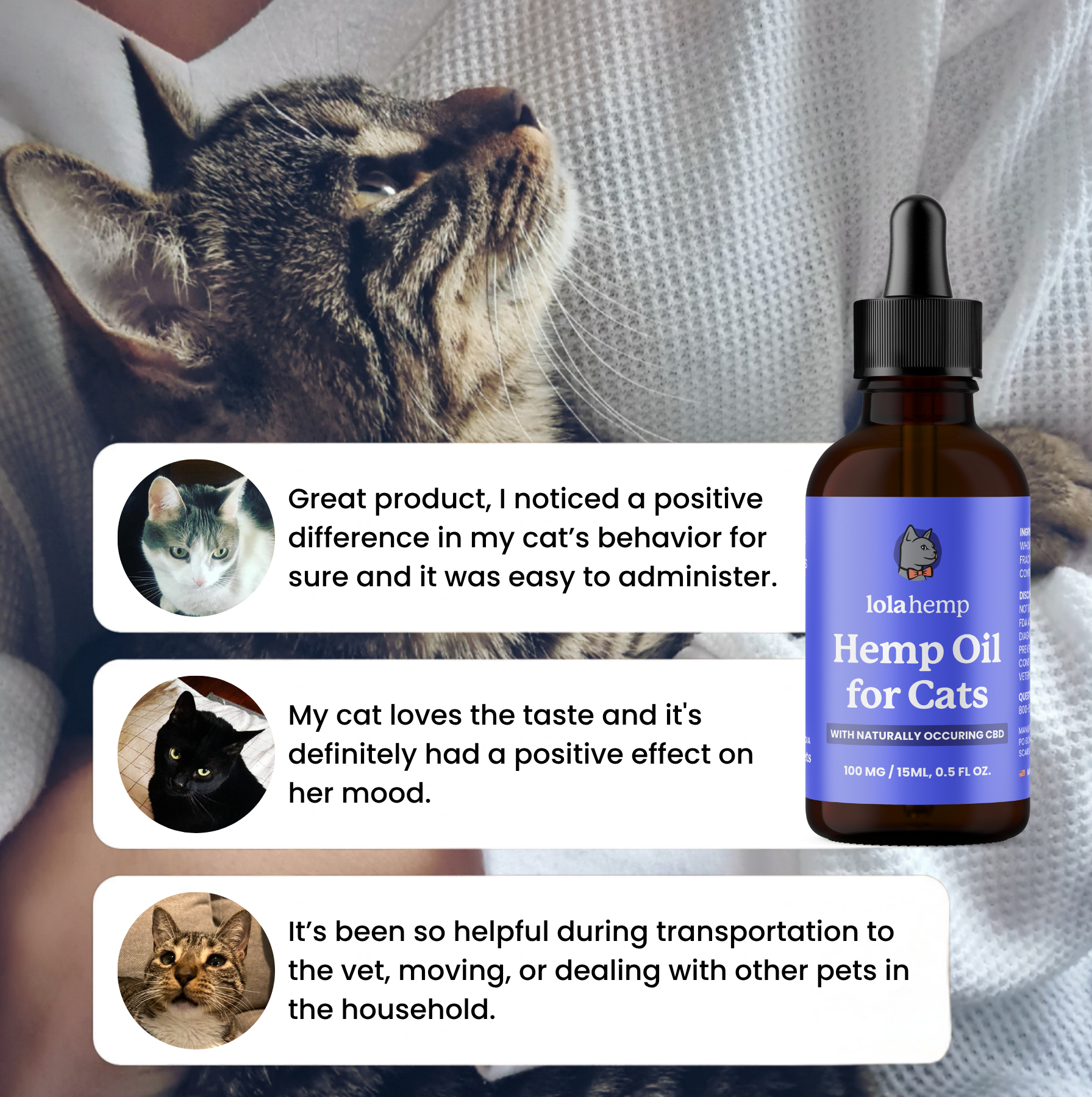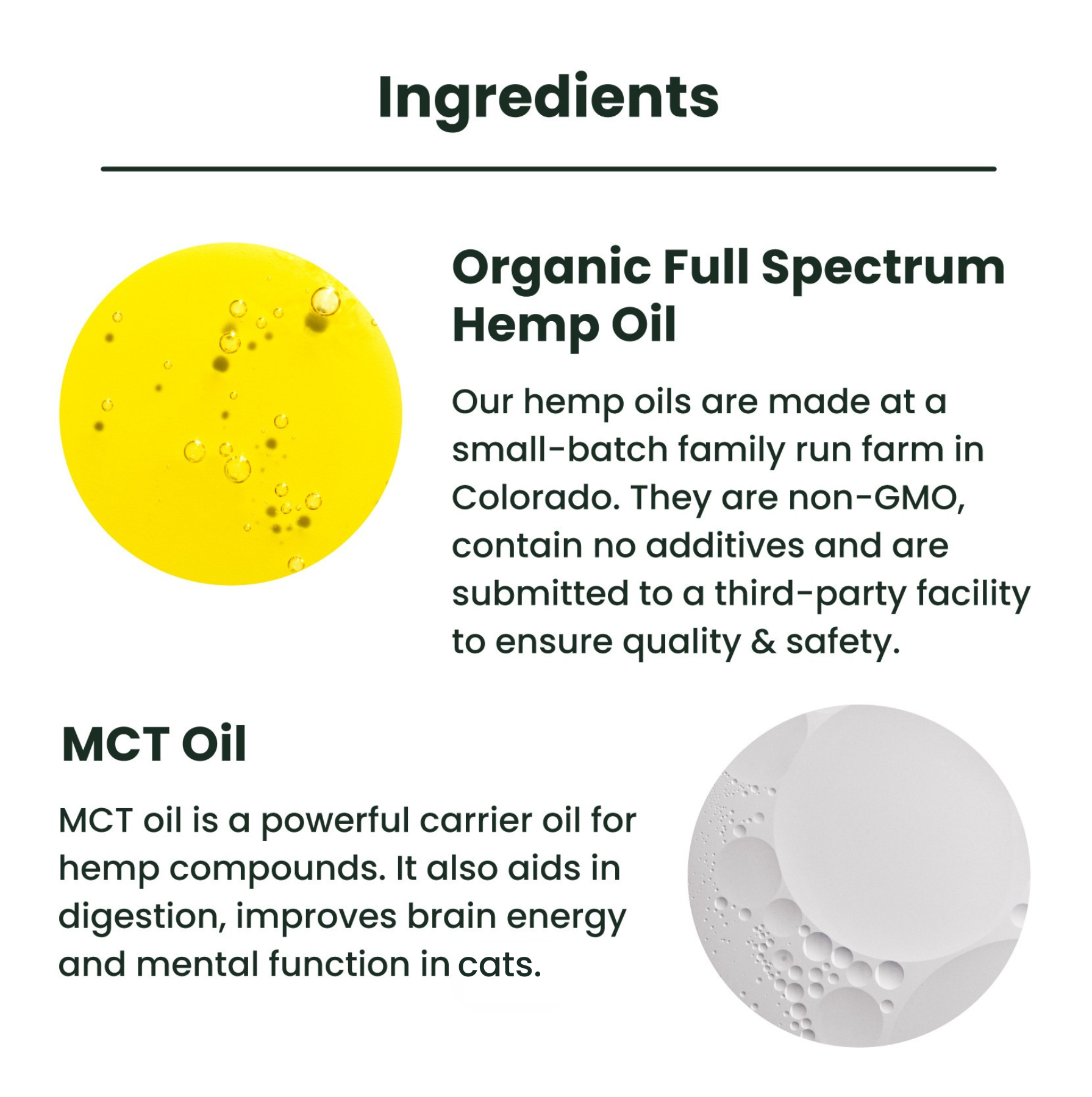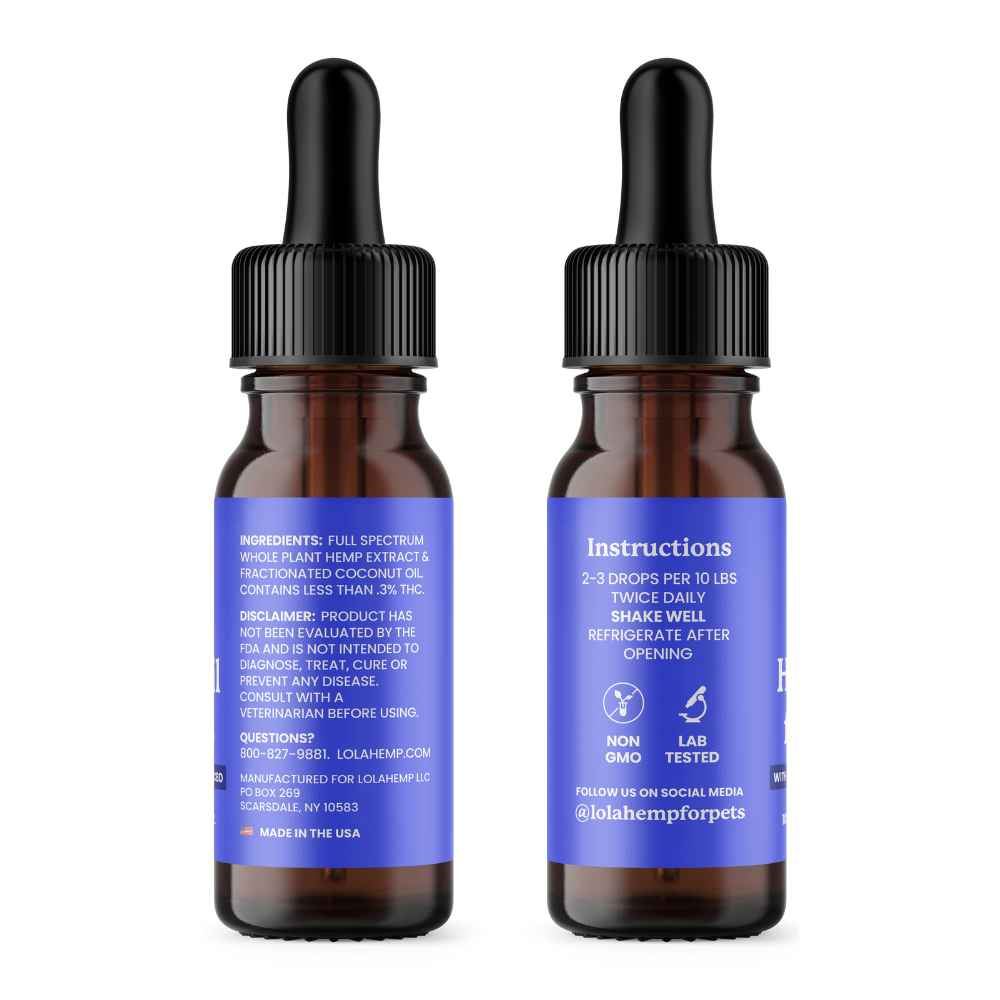Coughing in cats can be alarming for cat owners, especially when it persists or is accompanied by other symptoms like itching and scratching. While a cat's cough might be a simple reaction to a minor irritant, it can also be indicative of more serious underlying conditions.
This guide will explore the various causes, symptoms, and treatments related to coughing in cats, providing valuable insights for maintaining your feline friend's good health.
Reasons Your Cat May be Coughing
Here are some of the most common causes of coughing in cats:
1. Respiratory Infections
These are a primary cause of coughing in cats. These infections may be bacterial, viral, or fungal and affect the respiratory tract. Common respiratory infections include feline calicivirus and feline herpesvirus. Symptoms often accompanying the cough include a runny nose, sneezing, and fever.
2. Feline Asthma Attacks
Also referred to as feline allergic bronchitis, this is a condition where the feline's airways become inflamed and constricted due to an allergic reaction. Triggers include dust, pollen, cigarette smoke, and certain chemicals. Cats with asthma may exhibit symptoms such as coughing, wheezing, and labored breathing, especially during an asthma attack.
3. Parasitic Infections
These infections can cause coughing in cats, primarily through lung parasites or heartworm disease. These parasites invade the cat's lungs or heart, leading to persistent coughing and other severe symptoms. The lungworm and heartworm are the most common parasitic worms.
4. Heart Disease
Certain types of cardiac disease can lead to fluid accumulation in the lungs, causing a chronic cough. Congestive heart failure is a notable condition where the heart cannot pump efficiently, resulting in fluid buildup in the lungs (pulmonary edema) and subsequent coughing.
5. Lung Cancer
Although less common, this is a serious condition that may cause a persistent cough in cats. It is often accompanied by other symptoms such as loss of weight, lethargy, and decreased appetite. Early detection is crucial for managing the cancer.
6. Irritants
Irritants like dust, smoke, or chemicals can cause a cat to cough as the body attempts to expel the irritant from the respiratory tract. Inhaled objects such as grass blades or small particles may also trigger coughing.
7. Allergies
Allergic reactions to environmental factors such as pollen, mold, or certain foods can cause inflammation in the feline's airways, leading to coughing. Identifying and eliminating the allergen from the cat's environment is key to managing allergic reactions.
8. Nasopharyngeal Polyps
These are benign growths in the nasopharynx area that can obstruct airflow and cause a cat to cough. These polyps can also cause difficulty breathing, runny nose, and sneezing.
9. Inhaled Liquids
Cats can accidentally inhale liquids, which can irritate the respiratory tract and cause coughing. This could happen if a cat drinks too quickly or regurgitates food and inhales some of the liquid content.
10. Fungal Infections
Infections such as cryptococcosis can affect a cat's respiratory system, leading to coughing. These infections are usually more common in certain geographic areas and can be serious if not treated promptly.

Symptoms to Watch For in Cats that are Coughing
When your cat starts coughing, it’s important to observe them. Some common signs that indicate a need for veterinary attention include:
Chronic Cough: If a cat's cough persists for more than a few days or becomes more frequent, it warrants a vet visit.
Wet or Dry Cough: A wet cough may suggest fluid in the lungs, while a dry cough might point to asthma or an infection.
Nasal Discharge: Accompanied by coughing, nasal discharge can indicate a respiratory infection.
Open-Mouth Breathing: Difficulty in breathing or open-mouth breathing is a serious sign that the cat is not getting enough oxygen.
Weight Loss: Weight loss paired with coughing may indicate conditions such as lung cancer or heart disease.
Other Signs: Lethargy, loss of appetite, and wheezing may also accompany coughing.

Treatment Options for a Cat Cough
Below are some common treatment options:
Antibiotics are used to treat secondary infections. If the cough is caused by bacterial infections such as pneumonia or bronchitis, antibiotics can help eliminate the infection.
Antiviral Medications combat viral infections. In cases where viral infections like feline herpesvirus or calicivirus are diagnosed, antiviral medications may be prescribed.
Antifungal Medications treat fungal infections such as aspergillosis or cryptococcosis.
Anti-parasitic medications eliminate parasitic infections such as lungworms or heartworms.
Corticosteroids reduce inflammation, especially in cases of feline asthma or severe allergic reactions.
Bronchodilators relax and open the airways, helping cats with asthma or airway constriction.
Cough Suppressants reduce coughing when it is non-productive and persistent.
Oxygen Therapy helps stabilize cats experiencing severe respiratory distress.
Fluid Therapy maintains hydration and supports recovery in sick or dehydrated cats.
Surgery removes obstructions, tumors, or polyps if they are the cause of the cough.
Conclusion
The treatment of a coughing cat depends largely on the underlying cause. For mild cases, supportive care and minor medical interventions may suffice. However, more severe conditions require prompt medical attention and a comprehensive treatment plan. If the issue is caught early, most cats can recover fully with appropriate care. Monitoring your cat's symptoms and seeking veterinary advice if coughing persists is crucial.
In life-threatening situations, such as severe respiratory distress or underlying cardiac disease, contact your vet immediately. Regular check-ups and maintaining a healthy environment can prevent many causes of coughing, ensuring your cat's well-being and quality of life.
Frequently Asked Questions About Cat Coughing
Why is my cat coughing?
Cats may cough due to infections, asthma, parasites, irritants, allergies, heart disease, or more serious issues like lung cancer.
When should I worry about my cat’s cough?
See a vet if the cough lasts more than a few days, worsens, or comes with symptoms like wheezing, weight loss, fever, or open-mouth breathing.
Can allergies cause coughing in cats?
Yes. Environmental or food allergies can inflame the airways and lead to coughing.
What does a wet vs. dry cough mean in cats?
A wet cough may indicate fluid in the lungs, while a dry cough may point toward asthma, irritation, or infection.
How are coughing cats treated?
Treatment depends on the cause and may include antibiotics, antivirals, antifungals, bronchodilators, corticosteroids, antiparasitics, oxygen therapy, or surgery.
Can heartworms cause coughing in cats?
Yes. Heartworm disease can lead to coughing and severe respiratory symptoms.
Can CBD help with coughing in cats?
CBD does not treat coughing directly but may help with discomfort or inflammation alongside veterinary care.









